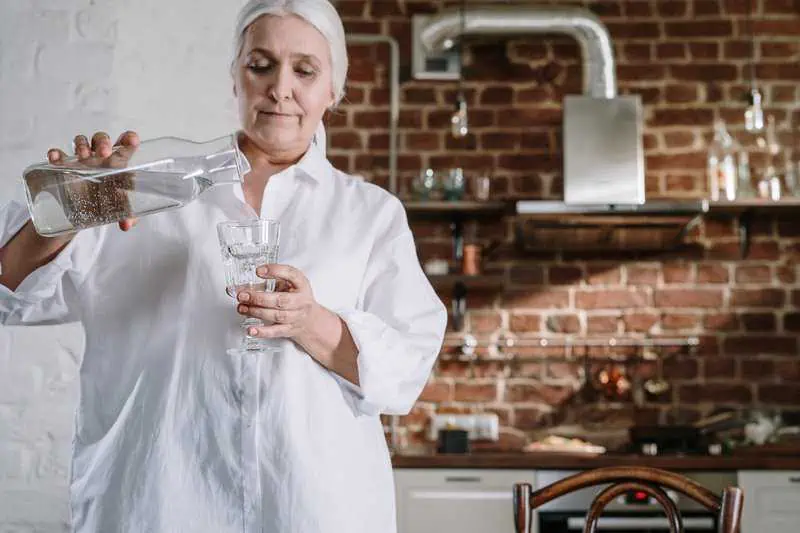
If you’ve ever experienced the uncomfortable feeling of dry mouth, you know just how eager someone could be to treat it quickly. While some people may experience occasional dryness, others could have a chronic case of dry mouth. Dry mouth isn’t just annoying, it can also lead to other problems such as difficulties speaking, chewing, or swallowing, and could put you at risk for other oral health conditions. Luckily, your dentist in Clinton Township has 10 ways to effectively treat dry mouth and restore comfort to your oral health.
The most basic yet essential step in combating dry mouth is to ensure you stay well-hydrated. Drink plenty of water throughout the day, and consider carrying a water bottle to sip on regularly. Adequate hydration will help stimulate saliva production and keep your mouth moist.
Certain foods can act as natural saliva stimulants and give you relief from dry mouth. Incorporate crunchy fruits and vegetables like apples, carrots, and celery into your diet. Sugarless chewing gum can also be helpful in encouraging saliva flow while reducing the risk of cavities.
Steer clear of substances that can worsen dry mouth symptoms. Reduce your intake of caffeinated and alcoholic beverages as they can dehydrate your body and exacerbate dryness in the mouth.
Maintaining excellent oral hygiene is crucial for individuals with dry mouth. Brush your teeth at least twice a day with a soft-bristled toothbrush and don’t forget to floss daily in order to keep your gums healthy and prevent potential infections. Remember to see your dentist in Clinton Township twice a year for checkups.
Replace alcohol-based mouthwashes with alcohol-free alternatives. Alcohol can contribute to dryness, so opt for products containing fluoride and xylitol, which can aid in saliva production and protect your teeth.
Breathing through your mouth can worsen dryness, so make a conscious effort to breathe through your nose whenever possible. If you struggle with nasal congestion, consult a healthcare professional for suitable remedies.
Dry indoor air can aggravate your dry mouth symptoms, especially during the night. Consider using a humidifier in your bedroom to add moisture to the air and prevent your mouth from drying out while you sleep.
Smoking not only dries out your mouth but also contributes to a host of other oral health issues. Quitting smoking can significantly improve your overall oral health and reduce the severity of dry mouth symptoms.
If you’re taking medications that list dry mouth as a side effect, consult your healthcare provider. They might adjust your dosage or switch you to an alternative medication that doesn’t cause dry mouth. Never stop taking medications without consulting your doctor.
If the remedies don’t provide sufficient relief, it’s time to seek help from your dentist in Clinton Township. They can identify the underlying cause of your dry mouth and recommend appropriate treatments, such as prescription saliva substitutes or medications that promote saliva production.
Dealing with dry mouth can be uncomfortable, but by following these top 10 tips to treat dry mouth, you can find relief and improve your oral health. Implementing these strategies can lead to a healthier and more comfortable oral environment, so you can smile and speak with confidence once again. Embrace these changes, and you’ll soon bid farewell to the desert in your mouth and welcome the refreshing oasis of moisture that you deserve.
If you’ve ever experienced the uncomfortable feeling of dry mouth, you know just how eager someone could be to treat it quickly. While some people may experience occasional dryness, others could have a chronic case of dry mouth. Dry mouth isn’t just annoying, it can also lead to other problems… Read More…